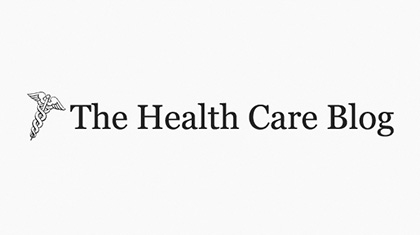
Would allowing patients to read their mental health notes provide more benefits than risks?
In a recent article in JAMA my colleagues and I argue that it would. While transparent medical records are gaining favor in primary care settings throughout the country through the OpenNotes initiative, there has been reluctance to allow patients to see what their treaters say about their mental health issues. While this reluctance is understandable and deserves careful consideration, we suggest that several benefits could result from patients reading their mental health notes.
First of all, accuracy would be enhanced by allowing patients to cross-check what their clinicians say about their symptoms, medication doses, and so forth. Second, allowing patients to review assessments and treatment decisions privately might help to promote a richer dialogue between patient and clinician. Third, patients might learn that their clinician sees them more as a complete person, rather than as a collection of symptoms.
Many patients silently fear that their treater “will think I’m crazy/whining/lazy/boring”; seeing in print that the treater does not see them that way—and in fact recognizes and documents their strengths—can be an enormous relief and might therefore enhance the therapeutic alliance.
Read Dr. Michael Kahn’s full post on The Healthcare Blog.



